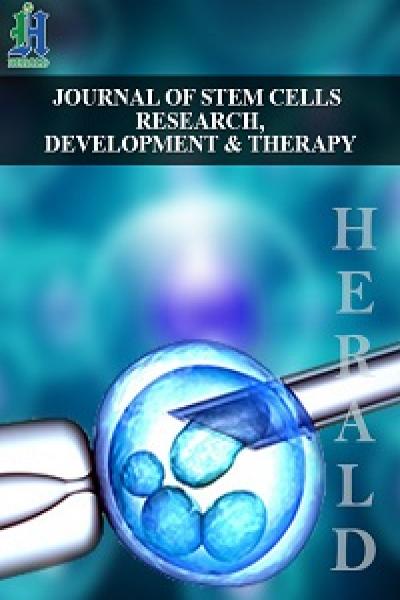
Bone Marrow Transplant
Bone marrow transplant (BMT), also known as hematopoietic stem cell transplantation, is a life-saving procedure used to treat various hematologic malignancies, bone marrow failure syndromes, and some genetic and autoimmune disorders. The technique involves the infusion of healthy hematopoietic stem cells to restore normal marrow function following intensive chemotherapy or radiation therapy. BMT can be autologous (using the patient’s own stem cells) or allogeneic (using stem cells from a donor), with the latter carrying the potential for graft-versus-tumor effects, offering therapeutic advantages in cancer treatment.
Recent advancements in stem cell mobilization, donor matching technologies, and conditioning regimens have significantly improved the safety and efficacy of BMT. Moreover, the integration of mesenchymal stem cells (MSCs) in supportive care has shown promise in enhancing engraftment and reducing graft-versus-host disease (GVHD). Emerging studies are exploring gene-edited stem cells for treating inherited blood disorders such as sickle cell anemia and thalassemia. The Journal of Stem Cells Research, Development and Therapy encourages the submission of high-quality original research and reviews on bone marrow transplant, including novel protocols, clinical trials, and translational studies, to further the field and enhance patient outcomes.

